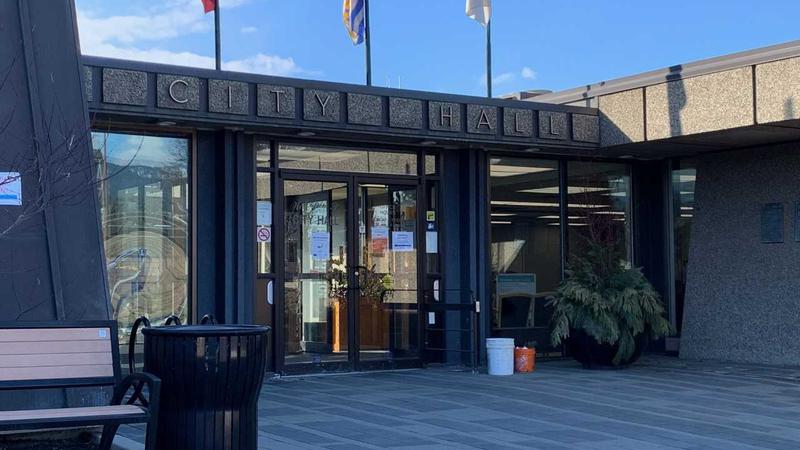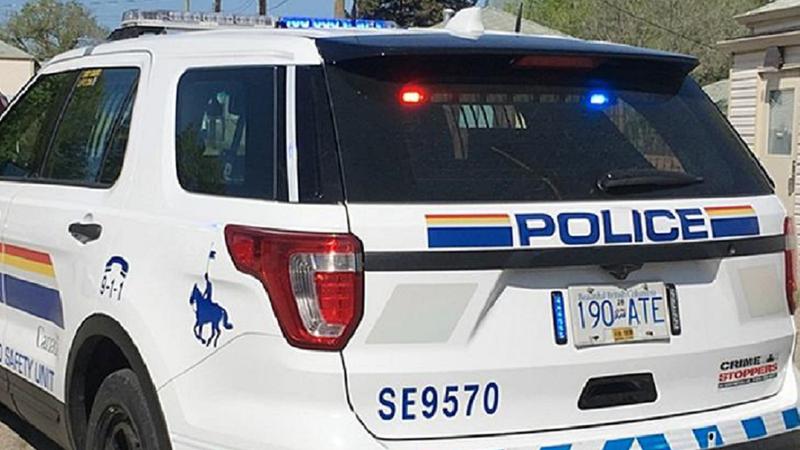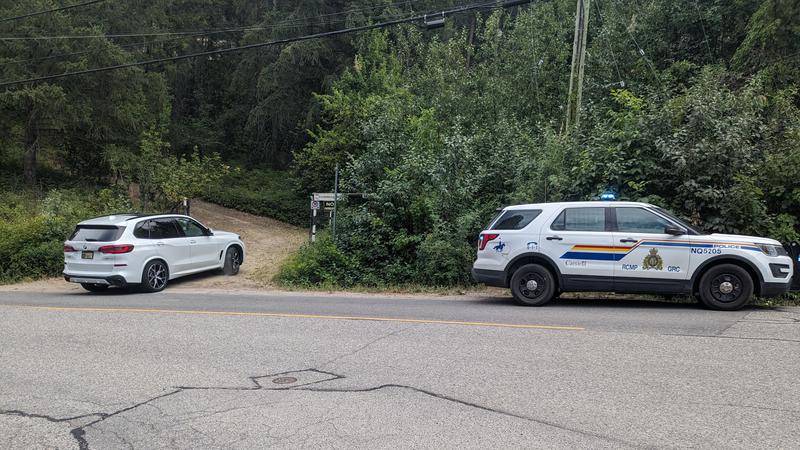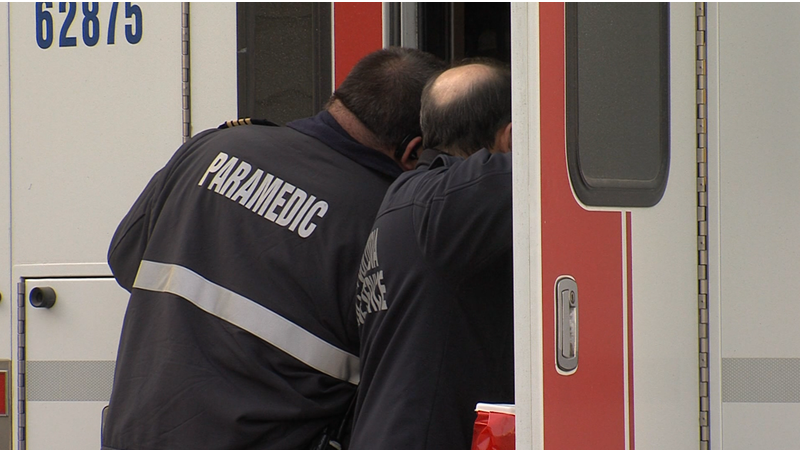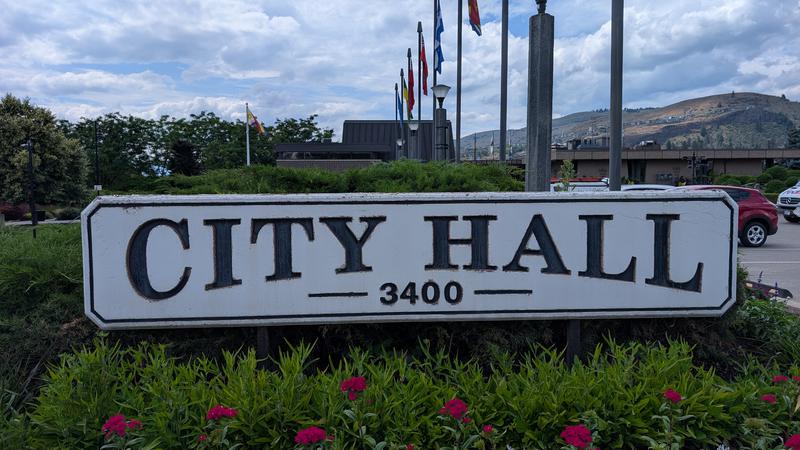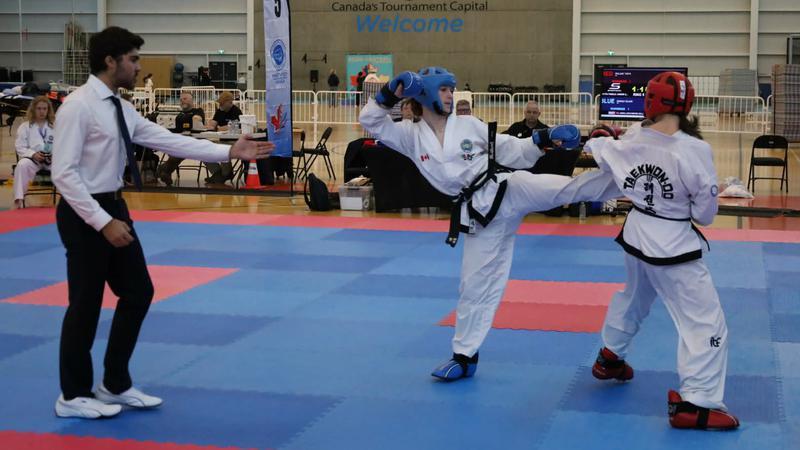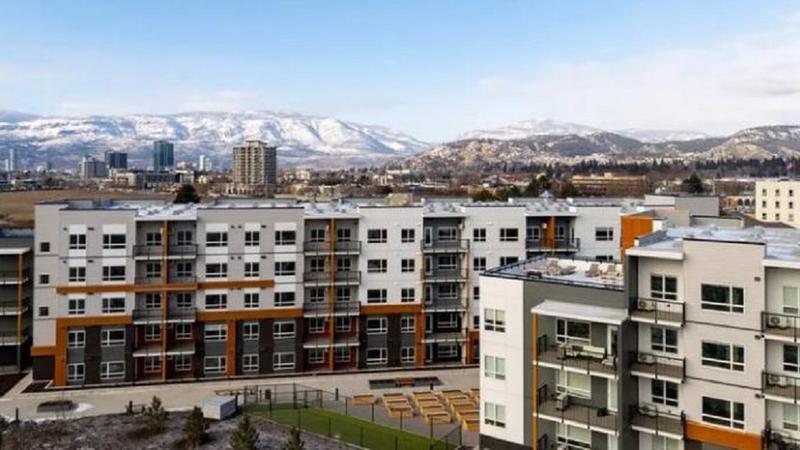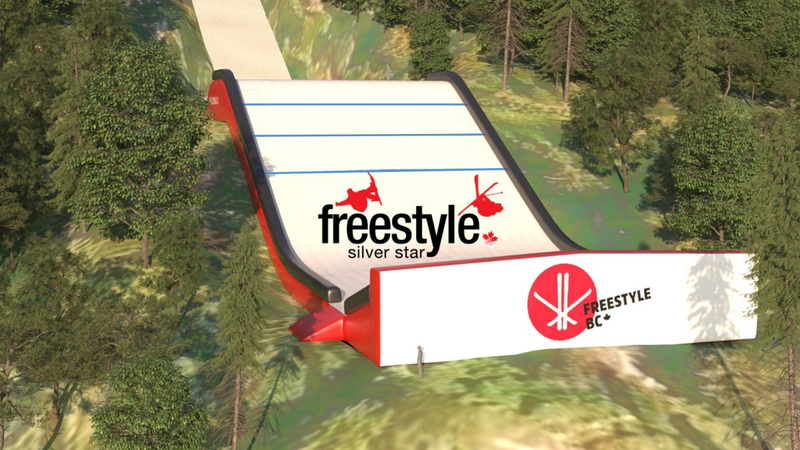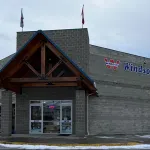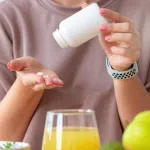
Conservative candidate for Vernon-Lumby looking to take action on key issues
The local Conservative Party of B.C. candidate is hoping to take action and address issues people are facing in the region.
Dennis Giesbrecht is the Conservative Party of B.C. candidate for the Vernon-Lumby riding. Giesbrecht was born in Winnipeg but grew up in Logan Lake near Kamloops.
He worked as in the heavy duty industry as an inspector for over 20 years, reviewing everything from pipelines to refinery’s to ship building, until November of 2014 when he was in a very serious vehicle collision on Highway 97 south of Coldstream.
“I can’t tell you about the actual accident because I don’t remember, it was that bad, but apparently is had about a 95 per cent fatality rating,” Guiesbrecht told Vernon Matters, noting his back, ankles, ribs and left arm were broken and he suffered a concussion in the crash, but after multiple months in hospital and then a few months of rehab he had recovered and was able to walk again.


